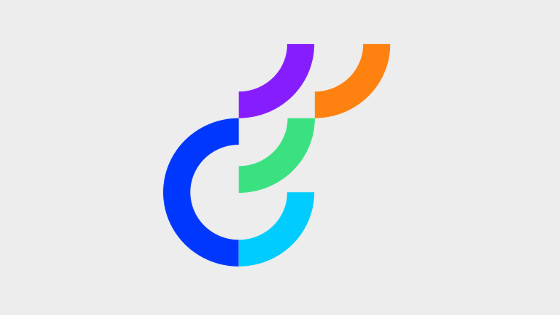In this tutorial, you will learn how to configure Optimizely Web so that you can use your own ID as the customer identifier within your web experiments. Being able to use the same customer identifier within your experimentation tool that aligns with the customer identifier used in your analytics, CDP, or data-warehouse will give you a lot of benefits.
Out-of-the-box, Optimziely Web will automatically assign a customer that it buckets using its own ID. This is called the optimizelyEndUserID. Obviously, Google Analytics, Segment, Snowflake, etc... all have their own ID systems.
For some clients, it will make more sense to use that customer ID within their experimentation data. If you have lots of existing reports set up, instead of having to waste time and effort stitching up different IDs and making the reports play nicely together, by using the same ID your tools and your reports should all play nicely together. Why waste time writing pointless migration scripts when you can get things to work!
As long as you have your ID stored in either cookie, a query string, local storage of a Javascript variable you can use it for the Optimizely Web ID.

I ❤️ Cookies
I think everyone on the planet is aware of cookies. How much combined time have we all wasted having to click on some annoying agree to cookies. The most popular approach to bring your own ID is via a cookie. When you say cookies in 2021, you need to be very careful with the upcoming third-party cookie apocalypse.
If you are thinking of using your ID with Optimize Web and a third-party integration provider like HubSpot or Snowflake, you need to make sure they use first-party cookies.
First-party cookies are cookies that are created and stored by the website you visit directly. First-party cookies are useful for websites to use as they allow the website to deliver a more personalised experience for the user. Remember my login details, language preferences, etc.. are usually stored in a cookie in your browser.
Third-party cookies are cookies that are created and placed by third parties other than the website you are visiting. In the very near future, Chrome will block these types of cookies. In essence, marketing companies use these types of cookies to track data for evil marketing purposes 😈😈😈😈.
If you want to use Optimizely Web with a third-party integration you need to check their documentation to make sure it creates a first-party cookie on your site. If you do not, in the future your nice and shiny bring your own ID will break.
